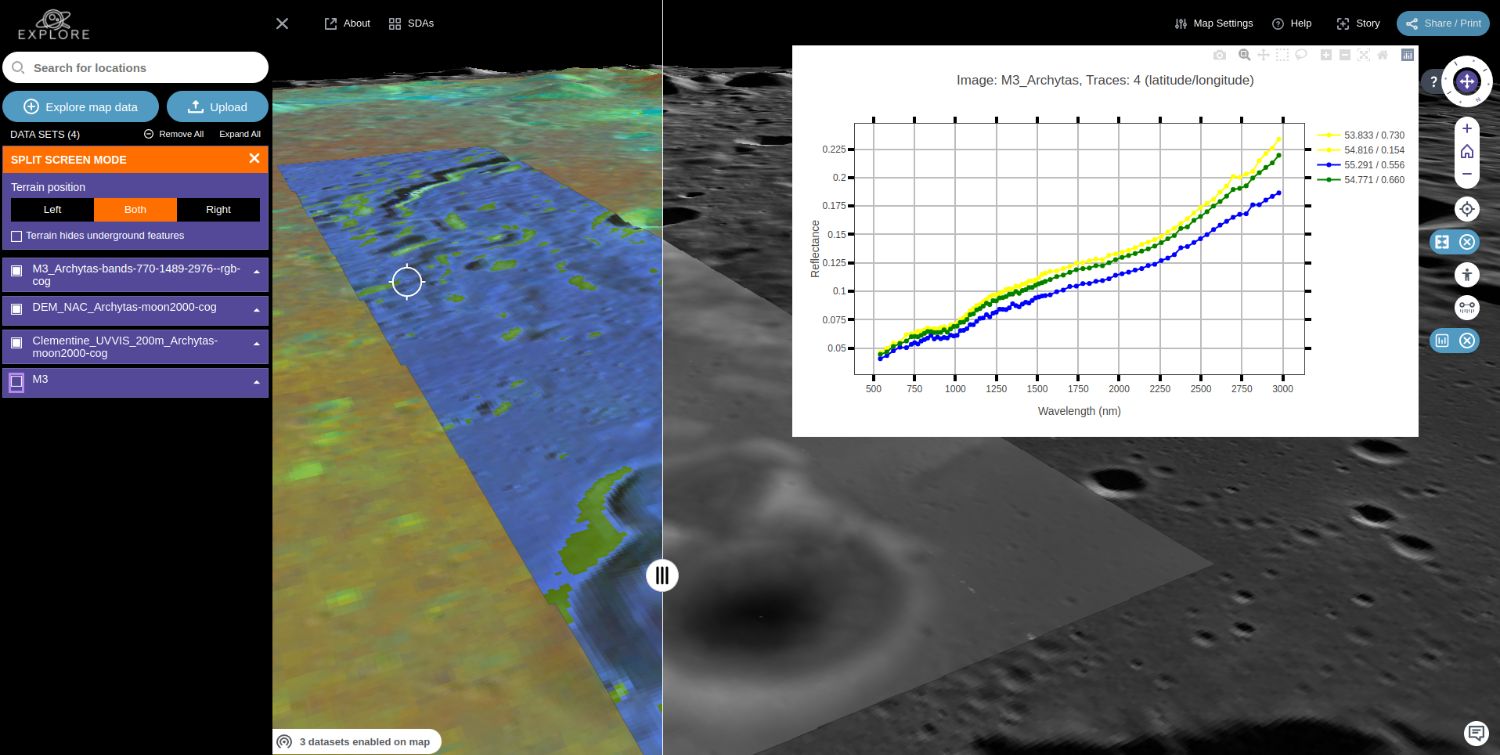EXPLORE Lunar Scientific Data Applications: L-Explo and L-Hex
- 1Jacobs University Bremen, Department of Physics and Earth Sciences, 28759 Bremen, Germany (g.nodjoumi@jacobs-university.de)
- 2ACRI-ST, Centre d’Etudes et de Recherche de Grasse (CERGA), 10 Av. Nicolas Copernic, 06130 Grasse, France
EXPLORE Horizon 2020 Research & Innovation project:
The project’s main goal is to develop and grant access to six scientific data applications (SDAs) that facilitate the exploitation of data from planetary space & astrophysics missions. Within the six EXPLORE’s SDAs, L-Explo and L-Hex provide access to a selection of higher-level data from existing Lunar orbital and in-situ missions. Users can access all SDAs on the EXPLORE platform, https://explore-platform.eu [1].
L-Explo and L-Hex objectives:
Both SDAs share the common aim of retrieving meaningful information for surface characterization, geologic mapping, resource evaluation, and mission planning purposes. Specific aims comprise the discovery of possible new targets of interest, landing-site characterization, and traverse engineering.
Processing pipelines:
We have developed several processing pipelines (coded in python) that are shared across the lunar SDAs and include band composition, spectral profile plots, spectral indexes generation, and vectorial data visualization. Additional specific and advanced processing capabilities are under development and notably include Machine Learning pipelines for automated data analysis and features extraction. To improve and broaden the scope of these pipelines, we are working with the planetary community, through the Europlanet GMAP (Geologic MApping of Planetary bodies) collaboration [2], to test and improve our services and tools.
System architecture:
Since the objectives of both SDAs share many elements, they are designed with a common robust backend-frontend architecture.
The frontend provides a unified interface, based on a customized TerriaJS web framework [3], as shown in Figure 1.

Figure 1. Example of the frontend showing multiple spectral datasets, a Digital Elevation Model, and visible imagery using split-screen functionality. An example plot of sampled spectral profiles is also shown.
This interface grants a fluid workflow between L-Explo and L-Hex including also split-screen and pedestrian visualizations. The frontend performs on-the-fly most of the pipelines, such as the interactive plot of spectral signatures by querying the data through the backend.
The backend comprises dockerized instances of Geoserver [4] to publish data and FastAPI [5] to perform all the processing tasks.
Data:
Each SDAs have access mostly to the same higher-level data, derived from public data archives [6], processed using the pipelines, and ingested in the backend.
Conclusion:
L-Explo and L-Hex are novel web-services, that are complementary to similar services offer access to higher data products, custom processing pipelines in a lightweight and user-friendly 2/2.5/3D environment. More advanced features, including community-driven features, are under development.
References:
[1] N. L. J. Cox et al. (2022), EXPLORE – Innovative Scientific Data Exploration and Exploitation Applications for Space Sciences – The lunar case, 6th Planetary Science Informatics and Data Analytics Conference 2022.
[2] A. Nass et al. (2021), GMAP: European Mapping efforts for Geologic Mapping of Planetary bodies, EPSC Abstracts Vol. 15, EPSC2021-383, 2021 European Planetary Science Congress 2021.
[3] Terria (2022), TerriaJS, https://terria.io
[4] A. Aime et al., (2022), Geoserver, 10.5281/zenodo.6456605
[5] S. Ramírez (2022), tiangolo/fastapi, https://fastapi.tiangolo.com/
[6] PDS Geosciences Nodes (2022), Lunar Orbiter Data Explorer, https://ode.rsl.wustl.edu/moon/index.aspx
Fundings: This project has received funding from the European Union’s Horizon 2020 research and innovation programme under grant agreement No 101004214.
How to cite: Nodjoumi, G., Valencia, J. E. S., Brandt, C., Cox, N. L. J., and Rossi, A. P.: EXPLORE Lunar Scientific Data Applications: L-Explo and L-Hex, Europlanet Science Congress 2022, Granada, Spain, 18–23 Sep 2022, EPSC2022-966, https://doi.org/10.5194/epsc2022-966, 2022.

